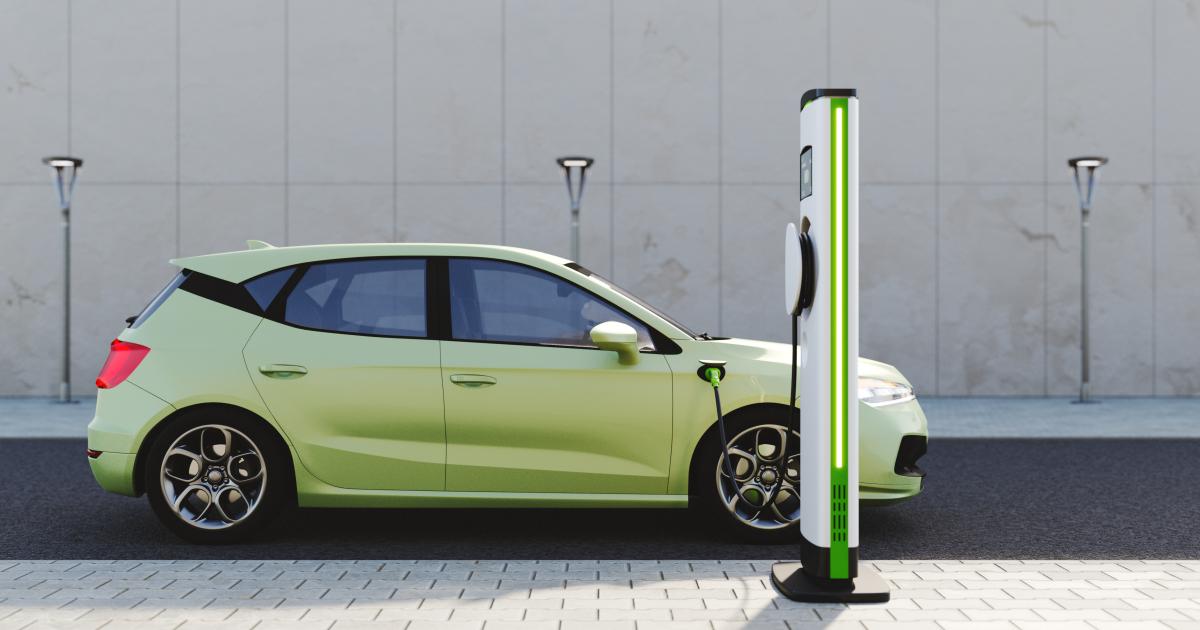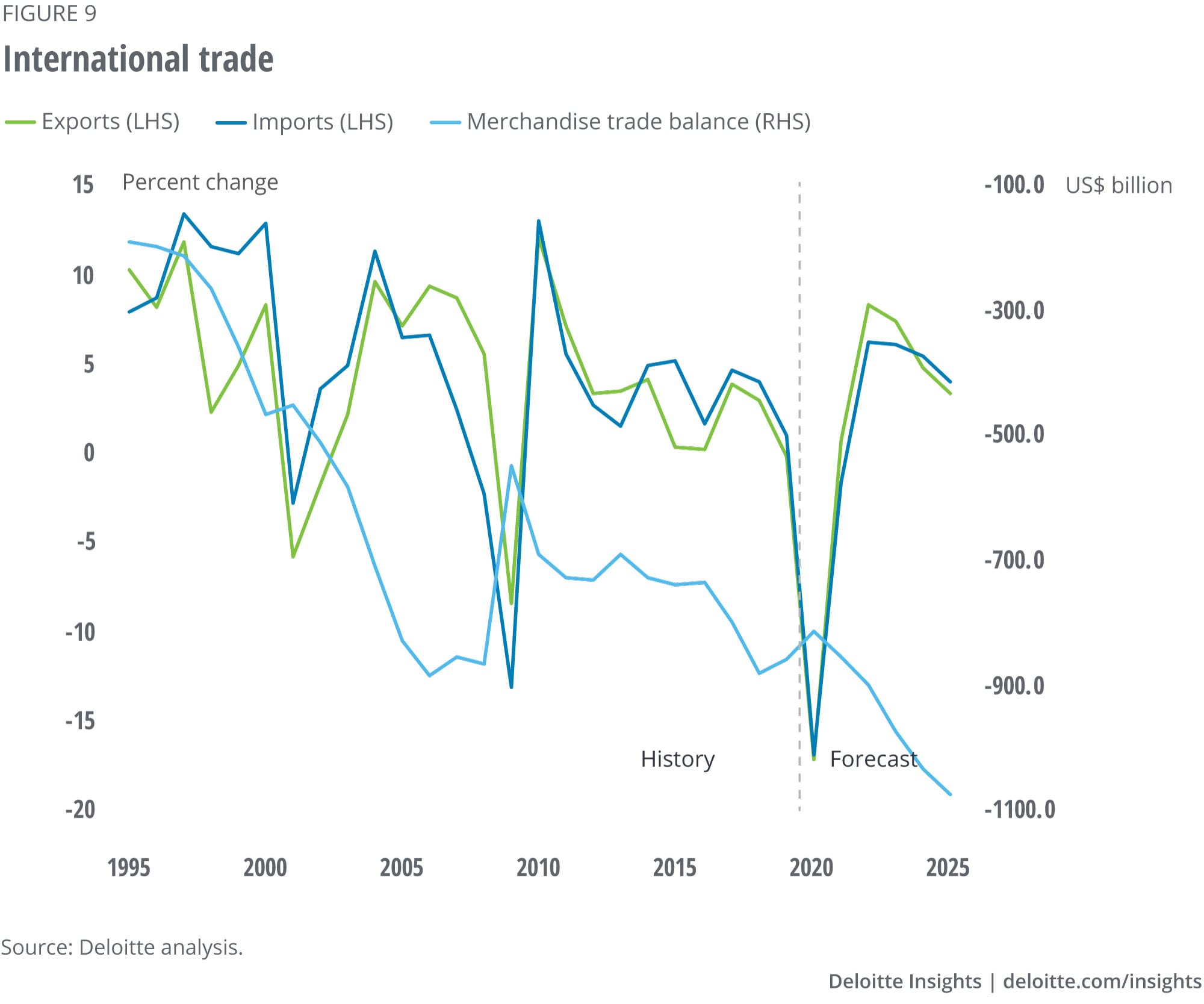Car Dealers Renew Fight Against Electric Vehicle Mandates

Table of Contents
Economic Concerns for Dealerships
Dealerships argue that the rapid implementation of EV mandates puts an undue financial burden on their businesses, potentially leading to closures and job losses. The transition requires significant investments that many dealerships may struggle to afford. This impacts dealership profitability across the board and threatens the livelihood of many. Key economic concerns include:
- High upfront investment costs for EV infrastructure: Installing charging stations and acquiring specialized tools for EV servicing represents a substantial upfront investment. This is particularly challenging for smaller dealerships with limited capital.
- Reduced profit margins on EVs compared to gasoline-powered vehicles: Currently, profit margins on EVs are generally lower than on gasoline cars, impacting the overall financial health of dealerships. This is due to factors such as higher manufacturing costs and increased competition.
- Need for extensive employee retraining: Servicing EVs requires specialized knowledge and skills. Retraining staff to handle EV maintenance and repairs adds significant costs to dealership budgets.
- Challenges in managing EV inventory: EVs often have longer delivery times than gasoline cars, making inventory management more complex and increasing the risk of obsolescence due to rapid technological advancements.
- Uncertainty surrounding consumer demand and the pace of EV adoption: The unpredictable nature of consumer adoption makes it difficult for dealerships to accurately forecast demand and manage their inventory effectively, leading to potential financial losses.
Consumer Demand and Market Readiness
Dealers contend that consumer demand for EVs is not yet sufficient to justify the aggressive targets set by EV mandates. Addressing the infrastructure and affordability challenges is crucial before widespread adoption can be achieved. Several factors contribute to this market readiness issue:
- Insufficient public charging infrastructure in many regions: The lack of readily available public charging stations, especially in rural areas, creates "range anxiety" among potential EV buyers.
- Range anxiety among consumers remains a significant barrier to EV adoption: Concerns about running out of charge before reaching a charging station deter many consumers from purchasing EVs.
- High purchase prices of EVs compared to gasoline-powered vehicles: The higher initial cost of EVs remains a significant barrier for many consumers, limiting their accessibility.
- Limited availability of affordable EVs for a wide range of consumers: The current EV market is heavily skewed towards higher-priced models, leaving many consumers with limited choices.
- Uneven distribution of charging stations, favoring urban areas over rural communities: This disparity in infrastructure further exacerbates the challenges faced by consumers in rural areas considering EV adoption.
The Role of Government Incentives and Support
Dealerships argue that government support should be more comprehensive and focused on supporting both consumers and dealerships during this significant transition. Without adequate incentives and infrastructure investment, the mandates may prove counterproductive. This includes:
- Insufficient government support for building charging infrastructure: Government funding for charging infrastructure development needs to be significantly increased to meet the growing demand.
- Limited consumer incentives to offset the higher cost of EVs: More substantial tax credits and rebates are needed to make EVs more affordable for a wider range of consumers.
- Lack of clear long-term policy direction regarding EV adoption: A consistent and predictable policy framework is essential to provide certainty for both dealerships and consumers.
- Need for targeted support for dealerships to help them transition to selling EVs: Government programs should provide financial assistance to dealerships to help them upgrade their facilities and train their employees.
- Inefficient allocation of government funds for EV initiatives: Government funding should be allocated more efficiently to maximize its impact on both infrastructure development and consumer incentives.
Alternative Solutions and Phased Approach
Dealers suggest a more gradual approach, focusing on incentivizing hybrid vehicles initially and allowing for a smoother transition to fully electric vehicles as technology advances and consumer demand increases. This would mitigate the financial risks for dealerships and allow for a more realistic path towards a sustainable automotive future. A phased approach incorporating hybrid vehicles as a bridge technology could lessen the immediate impact of EV mandates on dealerships and consumers. This also allows for technological advancements to improve EV technology and further drive down costs, addressing issues of range anxiety and affordability.
Conclusion
The renewed fight against electric vehicle mandates highlights the complex interplay between environmental goals, economic realities, and consumer preferences. While the transition to electric mobility is crucial for a sustainable future, a balanced approach that considers the concerns of car dealers and the needs of consumers is essential for a successful and equitable transition. Addressing the economic challenges faced by dealerships, improving charging infrastructure, and offering robust consumer incentives are critical steps towards achieving widespread EV adoption. The future of the automotive industry depends on finding a common ground that supports both environmental sustainability and economic viability. Let’s work together to find solutions that ensure a successful transition away from solely relying on gasoline-powered vehicles, finding common ground between EV mandates and the needs of car dealerships.

Featured Posts
-
 Deloitte Forecasts Significant Slowdown In Us Economic Growth
Apr 27, 2025
Deloitte Forecasts Significant Slowdown In Us Economic Growth
Apr 27, 2025 -
 Controversial Choice Vaccine Skeptic Appointed To Lead Immunization Autism Research
Apr 27, 2025
Controversial Choice Vaccine Skeptic Appointed To Lead Immunization Autism Research
Apr 27, 2025 -
 Bencic Triumphs First Wta Tournament Win Since Becoming A Mother
Apr 27, 2025
Bencic Triumphs First Wta Tournament Win Since Becoming A Mother
Apr 27, 2025 -
 Belinda Bencic Back In The Wta Final In Abu Dhabi
Apr 27, 2025
Belinda Bencic Back In The Wta Final In Abu Dhabi
Apr 27, 2025 -
 Pne Groups German Expansion Permits Granted For Two Wind Farms And A Solar Plant
Apr 27, 2025
Pne Groups German Expansion Permits Granted For Two Wind Farms And A Solar Plant
Apr 27, 2025
Latest Posts
-
 Mc Cook Nebraska Local Jeweler Provides Support For Former Nfl Players
Apr 27, 2025
Mc Cook Nebraska Local Jeweler Provides Support For Former Nfl Players
Apr 27, 2025 -
 Nebraska Jeweler Aids Nfl Players Post Career Success A Mc Cook Story
Apr 27, 2025
Nebraska Jeweler Aids Nfl Players Post Career Success A Mc Cook Story
Apr 27, 2025 -
 Mc Cook Jeweler Supports Nfl Players Transition To New Lives
Apr 27, 2025
Mc Cook Jeweler Supports Nfl Players Transition To New Lives
Apr 27, 2025 -
 Local Jeweler Assists Nfl Players With Fresh Starts In Mc Cook
Apr 27, 2025
Local Jeweler Assists Nfl Players With Fresh Starts In Mc Cook
Apr 27, 2025 -
 Eqs Pvr Pne Ag Veroeffentlicht Gemaess 40 Abs 1 Wp Hg
Apr 27, 2025
Eqs Pvr Pne Ag Veroeffentlicht Gemaess 40 Abs 1 Wp Hg
Apr 27, 2025
